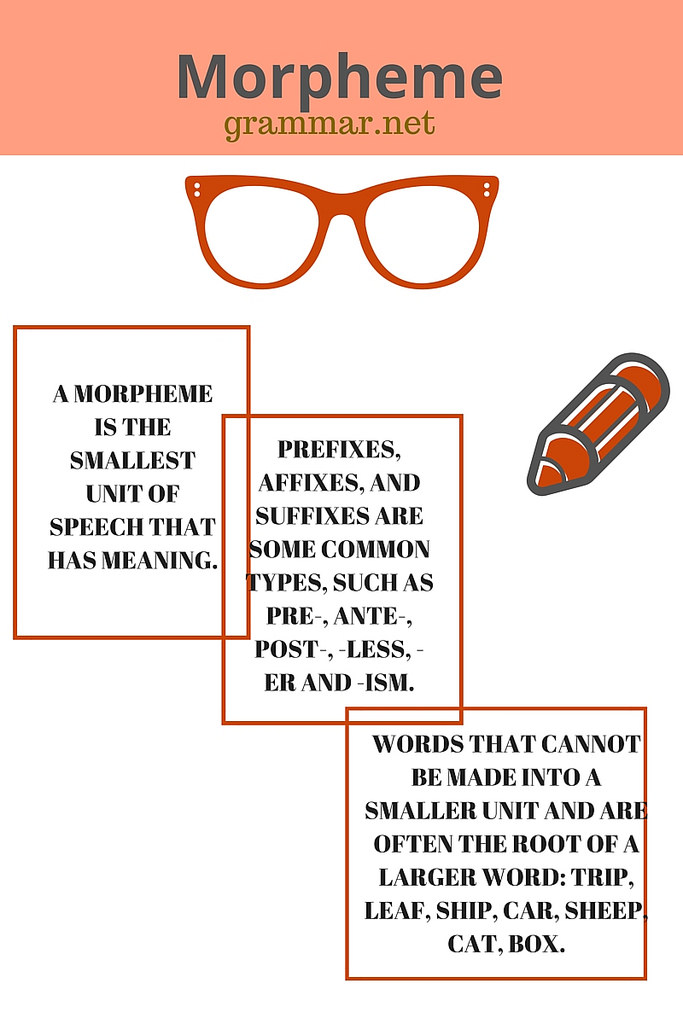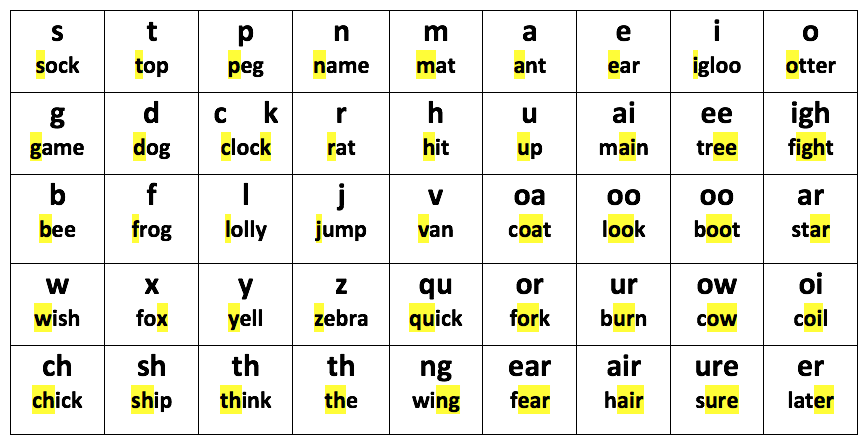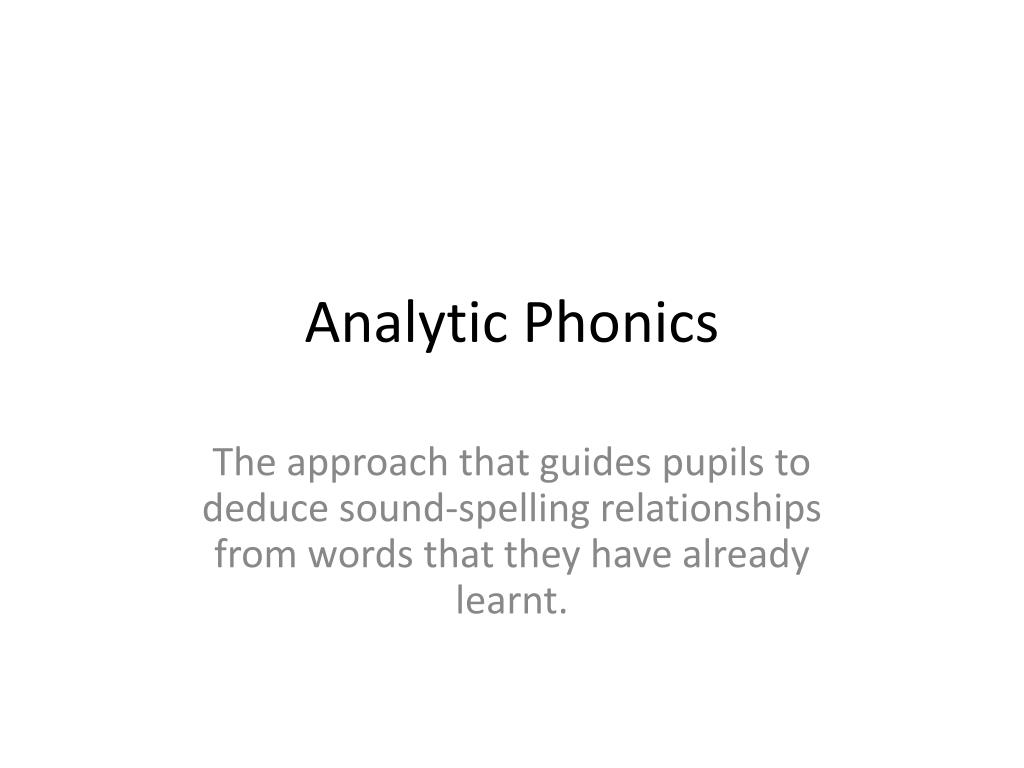Words of the Week: #4
Words of the Week: #4
1) Invented Spelling- it's also known as spelling "as best as you can." It allows students to write even before they can read during the emergent stage.
(Bear, Donald R., et al. Words their Way. Pearson, 2020.)
It's important because it's sort of the first step in learning how to correctly spell words. It allows them to build their problem solving skills. They figure out how they think a certain word is spelled. As they practice and practice, they may get better and be able to spell words correctly. Once they are told the correct spelling of a word, then they will start picking that up and know how to spell it correctly the next time they try to spell it. Invented spelling just lets kids be creative, which is essential because school kills creativity as they get older.
 Photo: https://sites.google.com/site/earlyliteracycoachingshuedr505/_/rsrc/1447808099144/early-writing/Her-First-Invented-Spelling-Story-5.2.14.jpg?height=300&width=400
Photo: https://sites.google.com/site/earlyliteracycoachingshuedr505/_/rsrc/1447808099144/early-writing/Her-First-Invented-Spelling-Story-5.2.14.jpg?height=300&width=400
2) Word Walls- a display of alphabetically ordered, high-utility words that grows cumulatively across the whole year.
(Bear, Donald R., et al. Words their Way. Pearson, 2020.)
Word walls allows you as a teacher to post words on the wall that a student needs to know. You could also post words on there that your students are struggling with. Students can reference it anytime. It can help them learn how to spell words as well because they are able to see them displayed in front of them.

Photo: https://blogger.googleusercontent.com/img/b/R29vZ2xl/AVvXsEj0XdL4aw0XJmXIX20Qg9GD3CX4MVzxeY4zIxF-8VVL140uVn3kTLt4HEsU5V_993XNbzUmoN7GeT-PPlXd5T-v7GO9v44bh5ebwe-pcYdO8BdY7o3nOU2CF7hKKtKb1b0xHEA0sGSKStS-/s1600/IMG_1006.jpg
3) Word Sorts- a basic word study routine in which students group into categories. It involves comparing and contrasting within and across categories. Word sorts are often cued by key words at the top of each category.
(Bear, Donald R., et al. Words their Way. Pearson, 2020.)
Word sorts are important because students can detect patterns within words. They can see the differences and similarities between words. Students who are having trouble differentiating two words may find it easier to find the difference when they do a word sort because the words are right in front of them.
 Photo: https://i.ytimg.com/vi/qmE2ggFheFE/maxresdefault.jpg
Photo: https://i.ytimg.com/vi/qmE2ggFheFE/maxresdefault.jpg
4) Morphemes- meaning units in the spelling of words, such as the suffix -ed, which signals past tense, or the root graph in the words autograph or graphite.
(Bear, Donald R., et al. Words their Way. Pearson, 2020.)
Morphemes are important because they carry meaning. Therefore, they can help build vocabulary with students, but also help them with reading comprehension. It also can help with spelling as well.
 Photo: https://blog.dyslexia.com/wordpress/wp-content/uploads/2017/11/morpheme.jpg
Photo: https://blog.dyslexia.com/wordpress/wp-content/uploads/2017/11/morpheme.jpg
5) Phonemes- the smallest unit of speech that distinguishes one word from another. For example, the t of tug and the r of rug are phonemes.
(Bear, Donald R., et al. Words their Way. Pearson, 2020.)
Phonemes are important because students need to recognize the differences between words. They can't read smoothly when they get tug mixed up with rug. Those are two different words and they need to be aware of that, otherwise they won't be able to understand what they are reading and they won't be able to become proficient readers.
 Photo: https://www.learningstreet.co.uk/wp-content/uploads/2017/05/Screen-Shot-2017-05-24-at-10.35.46.png
Photo: https://www.learningstreet.co.uk/wp-content/uploads/2017/05/Screen-Shot-2017-05-24-at-10.35.46.png6) Synthetic Phonics- phonics instruction that begins with individual sounds and blending of those sounds to form words.
(Bear, Donald R., et al. Words their Way. Pearson, 2020.)
Synthetic Phonics is important because children are taught to break up a word and then blend the sounds together to form a word, without this children may have trouble saying and understanding words they see in a book, etc. Synthetic phonics allows a child to read more quickly and proficiently.
 Photo: http://communityreading.org/wp/wp-content/uploads/2014/12/synthetic-phonics.jpg
Photo: http://communityreading.org/wp/wp-content/uploads/2014/12/synthetic-phonics.jpg7) Analytic Phonics- phonics instructions that begins with whole words that are divided into their elemental parts through phonemic, orthographic, and morphological analysis.
(Bear, Donald R., et al. Words their Way. Pearson, 2020.)
Analytic phonics is important because it allows students to analyze examine the parts of a word listening for speech sounds. They look for the spelling patterns that go with them and think about the meaning of the word. It supports the skills needed to decode new words when reading and to encode words when writing.
 Photo: https://image3.slideserve.com/5654851/analytic-phonics-l.jpg
Photo: https://image3.slideserve.com/5654851/analytic-phonics-l.jpg
Comments
Post a Comment